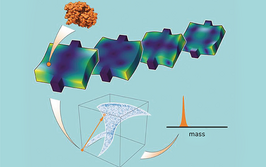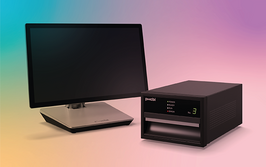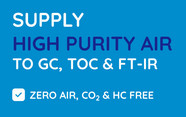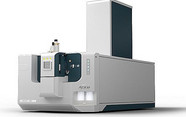Efficient SEC-UV-RI-MALS Analysis of Protein Aggregates

contributed by Tosoh |
Introduction
Static light scattering in combination with size exclusion chromatography is a valuable tool for verifying purity of Monoclonal Antibodies (MABS) as such or as a quick check while the downstream processing takes place. Besides Fluorescence detection, Light Scattering is one of the most sensitive methods to detect Protein Aggregates.
As a matter of their size, mAb aggregates produce scattered light more efficiently than they absorb UV light at 214 or 280 nm. Nevertheless, light scattering is not a plug and play technique, compared to simple UV detection. This application note provides some advice that may help to improve the signal to noise ratio and the robustness of the complete system. First of all, it is important to keep the whole system clean and to refresh the eluent frequently. Buffers without sodium azide should be changed daily. At least for protein applications, sodium azide does not cause any problems in the scattering signal. Therefore it is recommend to add 0.05 % sodium azide to aqueous buffers in order to prevent bacterial growth. When working with organic solvents, proper degassing of the eluent is essential.
Log in or register to read this article in full and gain access to The Analytical Scientist’s entire content archive. It’s FREE!

















